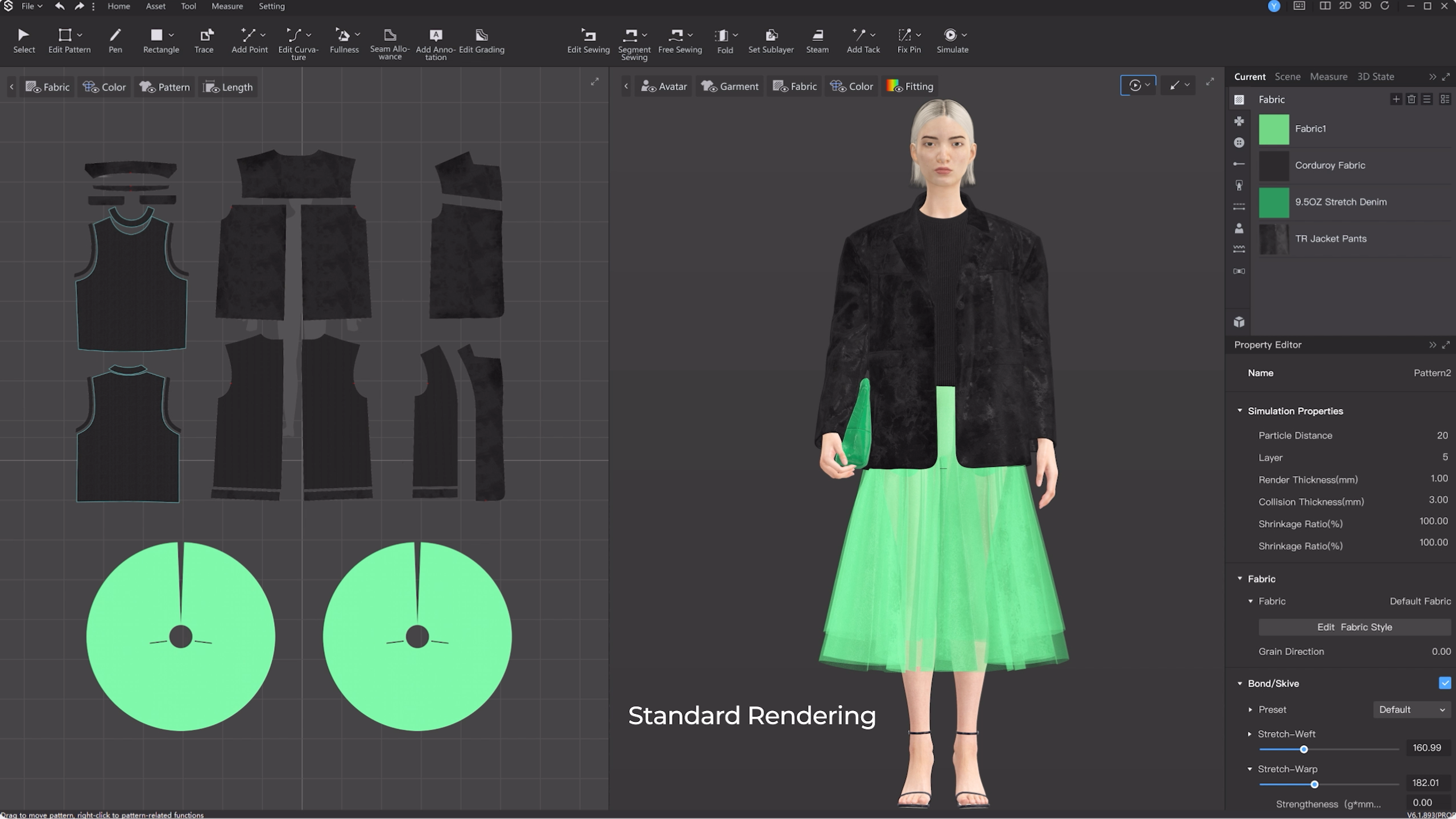The Future of Fashion: How Artificial Intelligence is Revolutionizing the Industry
In recent years, the fashion industry has witnessed a significant transformation, thanks to the integration of Artificial Intelligence (AI). This cutting-edge technology is not just a buzzword; it’s a game-changer that’s reshaping how designers create, how brands market, and how consumers shop.
AI in Design and Production
One of the most exciting applications of AI in fashion is in the design and production process. Traditional methods of creating garments often involve time-consuming manual labor and a high risk of errors. However, with AI, designers can now leverage advanced algorithms to generate innovative designs, predict trends, and even optimize fabric usage.
For instance, Style3D is at the forefront of this revolution, offering AI-powered tools that enable designers to create virtual prototypes in a fraction of the time it would take using traditional methods. This not only speeds up the design process but also reduces waste, making fashion more sustainable.
Personalized Shopping Experiences
AI is also transforming the way consumers shop for fashion. With the help of machine learning algorithms, online retailers can now offer personalized recommendations based on a customer’s browsing history, preferences, and even body measurements. This level of customization enhances the shopping experience, making it more enjoyable and efficient.
Moreover, AI-powered virtual fitting rooms are becoming increasingly popular. These tools allow customers to try on clothes virtually, ensuring a perfect fit before making a purchase. This not only reduces the likelihood of returns but also boosts customer satisfaction.
AI in Marketing and Trend Forecasting
Marketing in the fashion industry has also benefited from AI. Brands can now analyze vast amounts of data to identify emerging trends and consumer preferences. This enables them to create targeted marketing campaigns that resonate with their audience.
Additionally, AI can predict future trends by analyzing social media activity, search patterns, and even weather forecasts. This predictive capability allows brands to stay ahead of the curve and offer products that are in high demand.
Challenges and Ethical Considerations
While the benefits of AI in fashion are undeniable, there are also challenges and ethical considerations to address. Issues such as data privacy, job displacement, and the environmental impact of AI technologies need to be carefully managed.
However, with responsible implementation and continuous innovation, AI has the potential to drive the fashion industry towards a more sustainable, efficient, and inclusive future.
In conclusion, Artificial Intelligence is not just a trend; it’s a transformative force that’s here to stay. As the fashion industry continues to evolve, embracing AI will be key to staying competitive and meeting the ever-changing demands of consumers.
